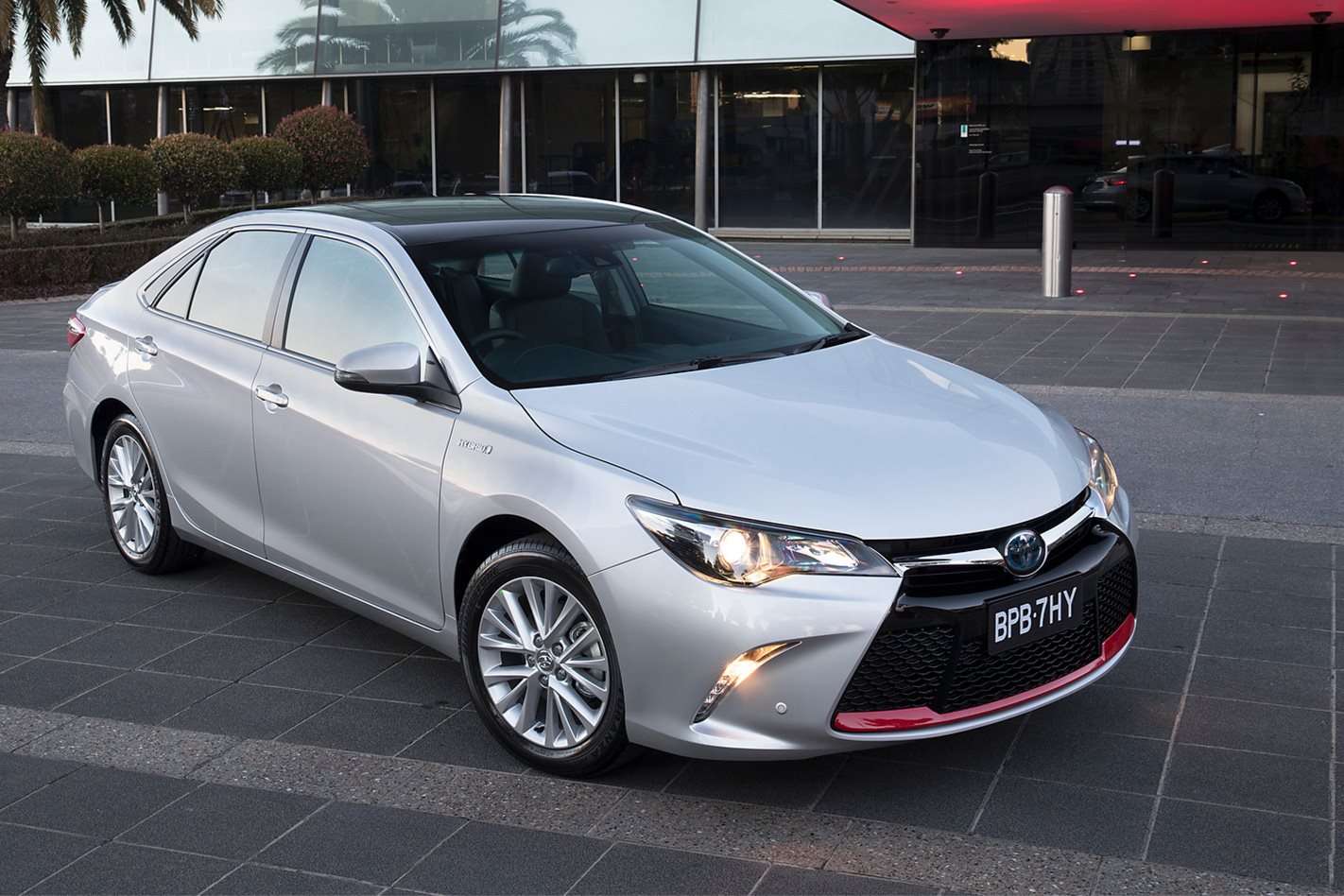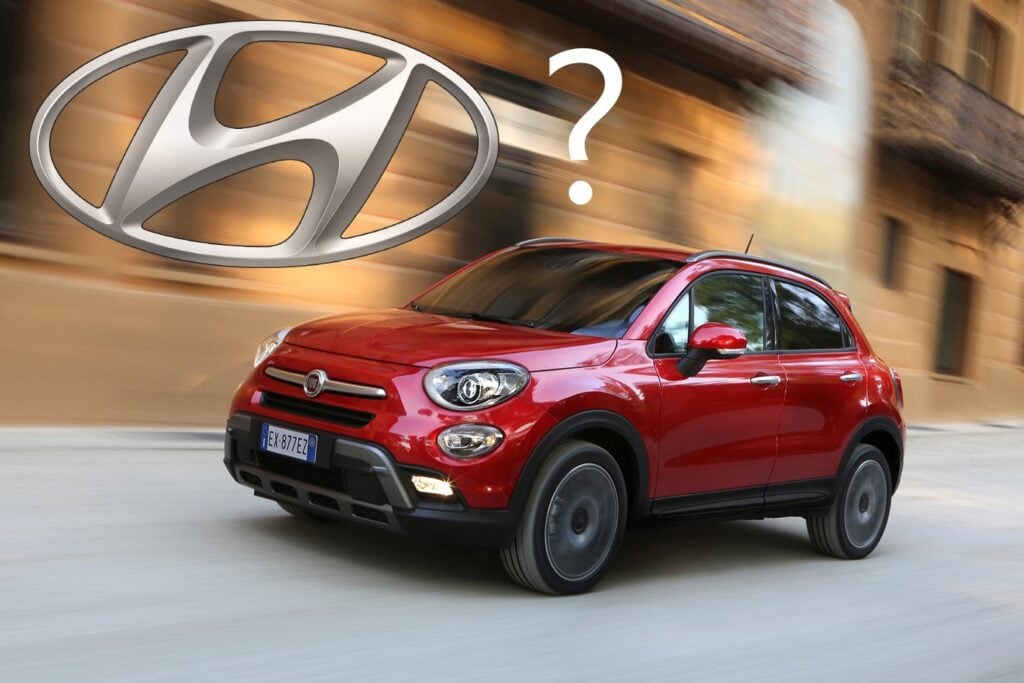TOYOTA is confident it can sell more than 200,000 vehicles in Australia each year without a locally made Camry – which accounts for 11 percent of the Japanese brand’s total volume on local soil.
Toyota officially marked the end of Camry production at its Altona factory in Melbourne’s West yesterday, and while the Camry name will live on in local showrooms, the next-generation version will be imported with a higher price tag.
According to the Japanese car maker, sales of the more expensive Camry will be harmed, but the rest of the range, including increasingly popular SUVs, will take up the slack as the company transitions to a full line importer.
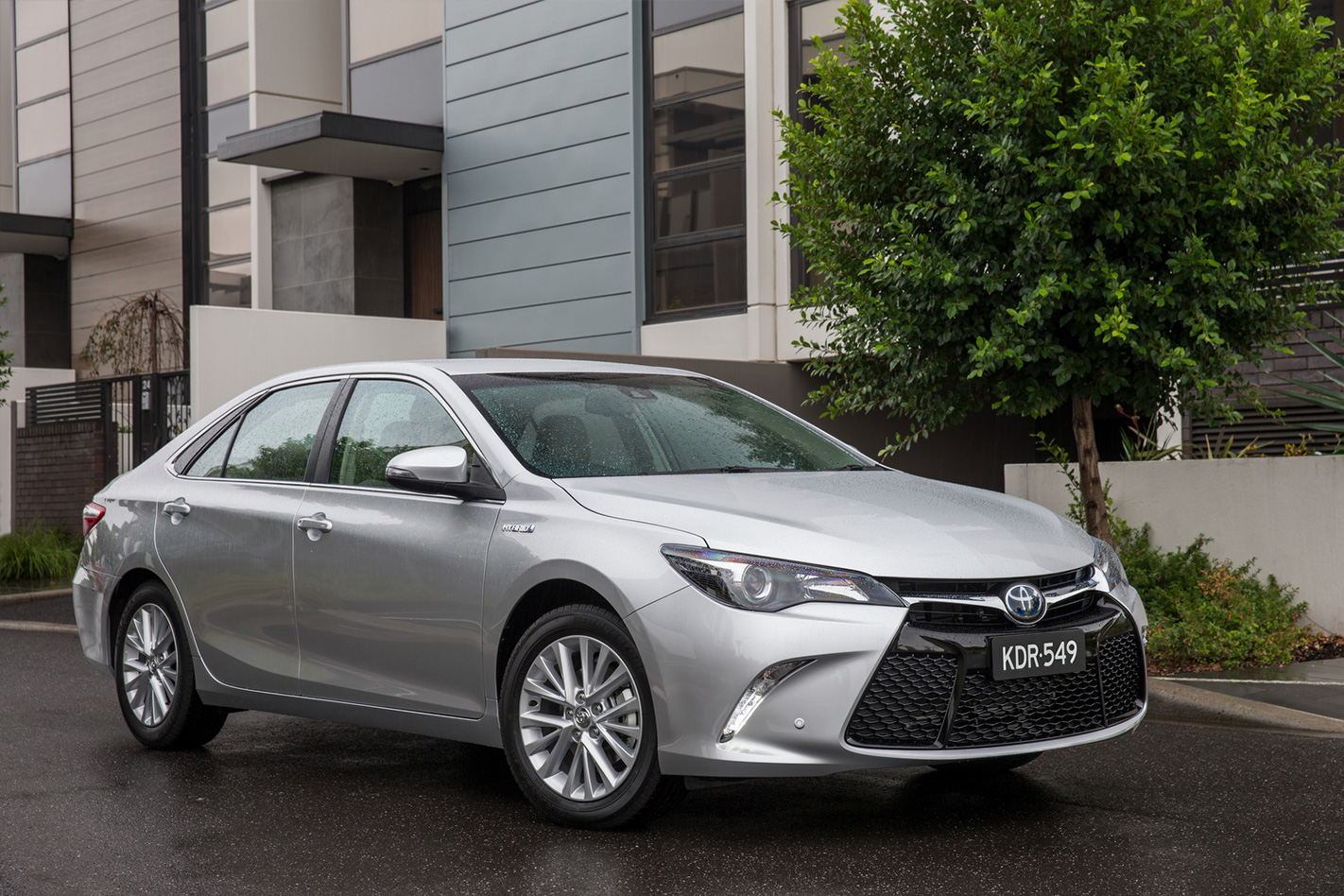
“Camry is one illustration where the vehicle changes as it moves forward. It’s clearly a more premium vehicle,” he said. “Premium vehicles bring a little bit of a premium (price) as well.”
Despite the higher asking price for an all-new Camry (below), Buttner said the company’s diverse range of vehicles, combined with shifting buyer behaviour, would offset any dip in Camry sales and safeguard Toyota’s market dominance.
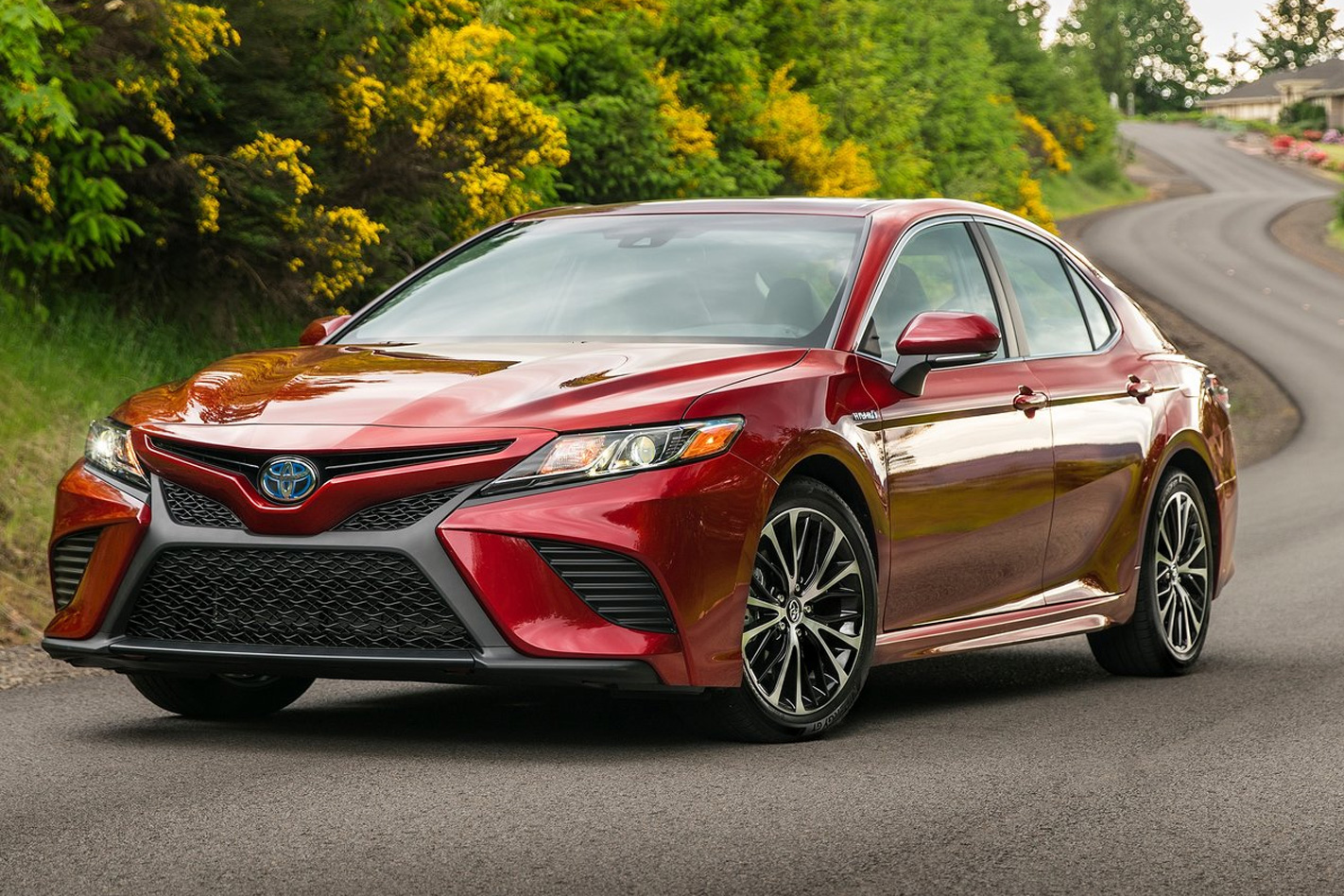
“We have Corolla hatches and Corolla sedans, and we will also have a range of Camrys as well so it’s not to say we won’t be able to take care of any requirement. But we feel confident … we’ll be able to cater for everybody’s requirements.”
A decent share of the Camry’s sales were driven by fleet buying policies favouring fuel-efficient Australian-made cars, which has resulted in a steady flow of the petrol- and hybrid-engined mid-size sedan into government ownership. This will now end with the imported Camry.
Buttner said the expired deal would cost some sales, but the company’s continued focus on fleet markets would continue to stimulate a large number of registrations.
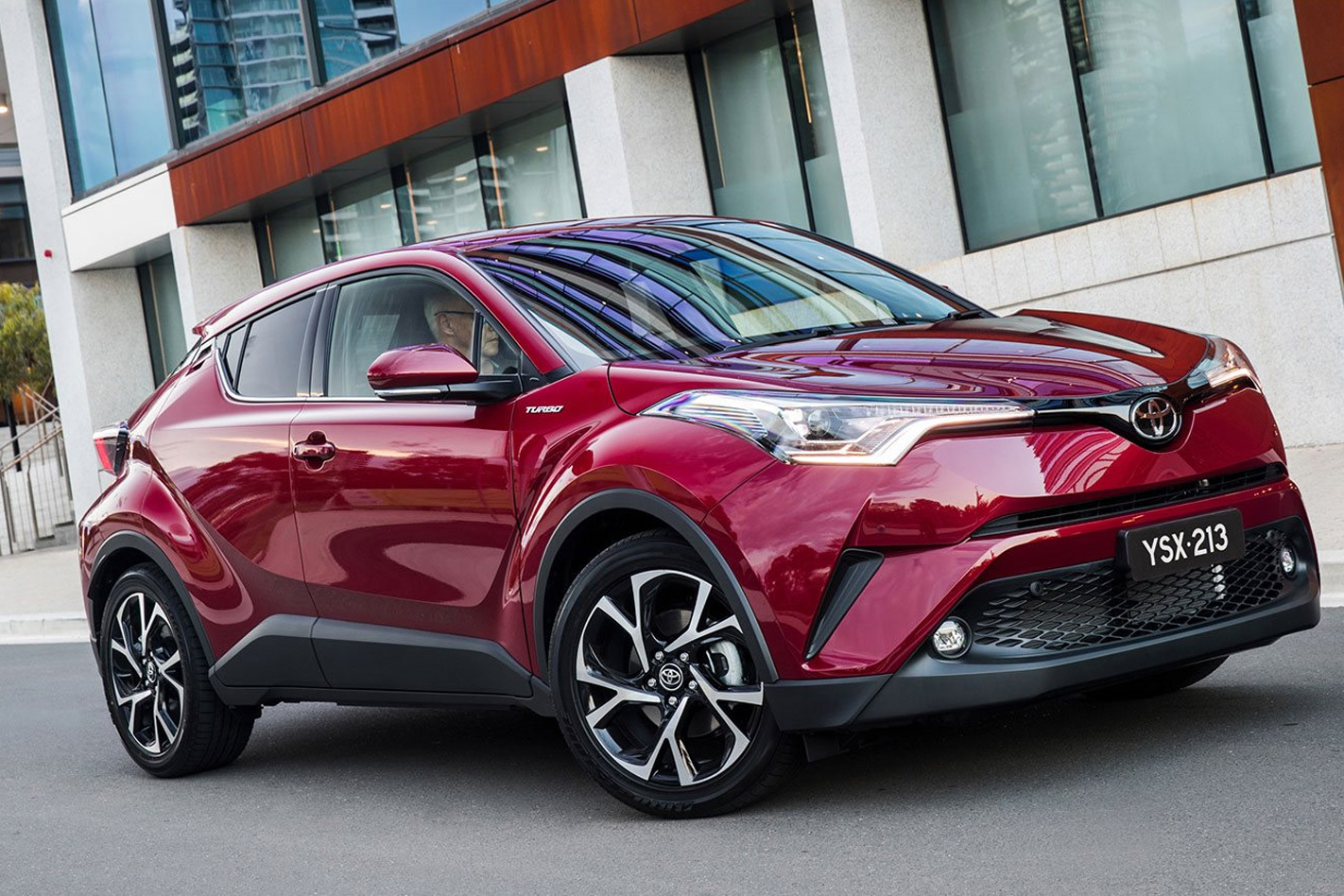
“We will still be in fleet,” he said. “If you’re not, you’re not going to have the volumes that we aspire to.
“Yes, there will be a proportion (lost) there in government sales but once we don’t have the factory sitting there in the back garden, it does give us the flexibility to consider many other options and many other vehicle types to push through.”
Fellow local car manufacturers Ford and Holden suffered significant sales slides in the wake of their decisions to stop building cars on Australian soil, but Buttner said the company had observed its rivals’ approaches and would mitigate sales losses with a different strategy.
“We’ve examined quite carefully those local manufacturers that left the country in terms of manufacturing and it’s fair to say the market share losses were quite large in all of those cases,” he said.
“Having analysed why that was the case we’ve been able to develop strategies that we are confident will ensure minimum of 200,000 moving on. I don’t see that changing”.
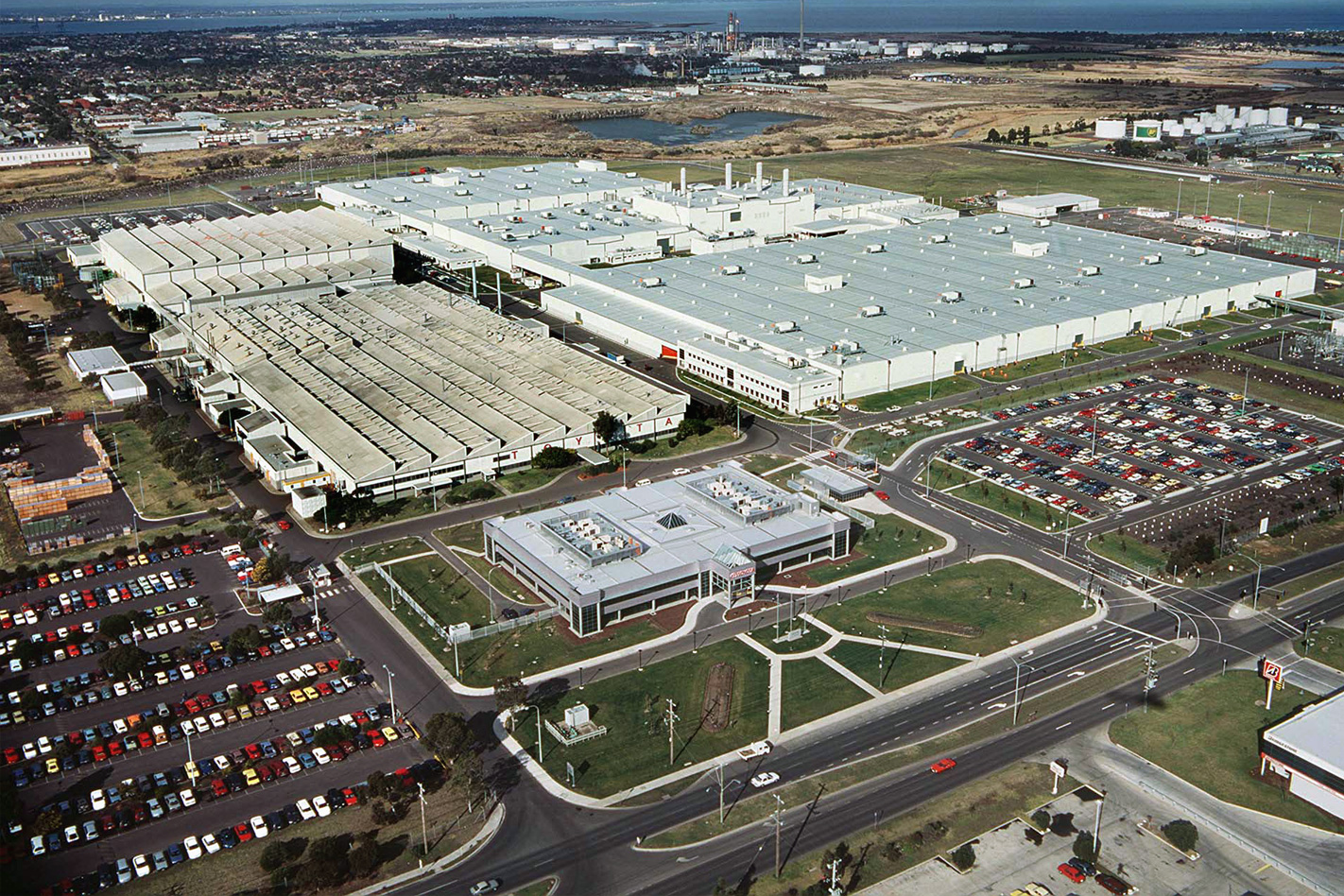
“That kind of historical Aussie feeling towards a car company – we’ve never enjoyed that in that way,” he said. “We’ve enjoyed the rural community and the working community and we’ve never let them down. It’s part of the outback and part of Australia’s heritage, but not in the same way.”
On the contrary, Cramb said the company had struggled with the opposite.
“It’s a bit of a sore point between sales and marketing, and manufacturing, a bit of dirty laundry. We couldn’t get people to believe we manufactured them here.
“In Toyota we say this car is made in Toyota. Actually, where it is made shouldn’t matter. From our point of view we never focused on where it’s made.
“I don’t think we will find many people saying they won’t buy a Toyota because the factory is gone. They will still evaluate what is the best product for their requirements.”


